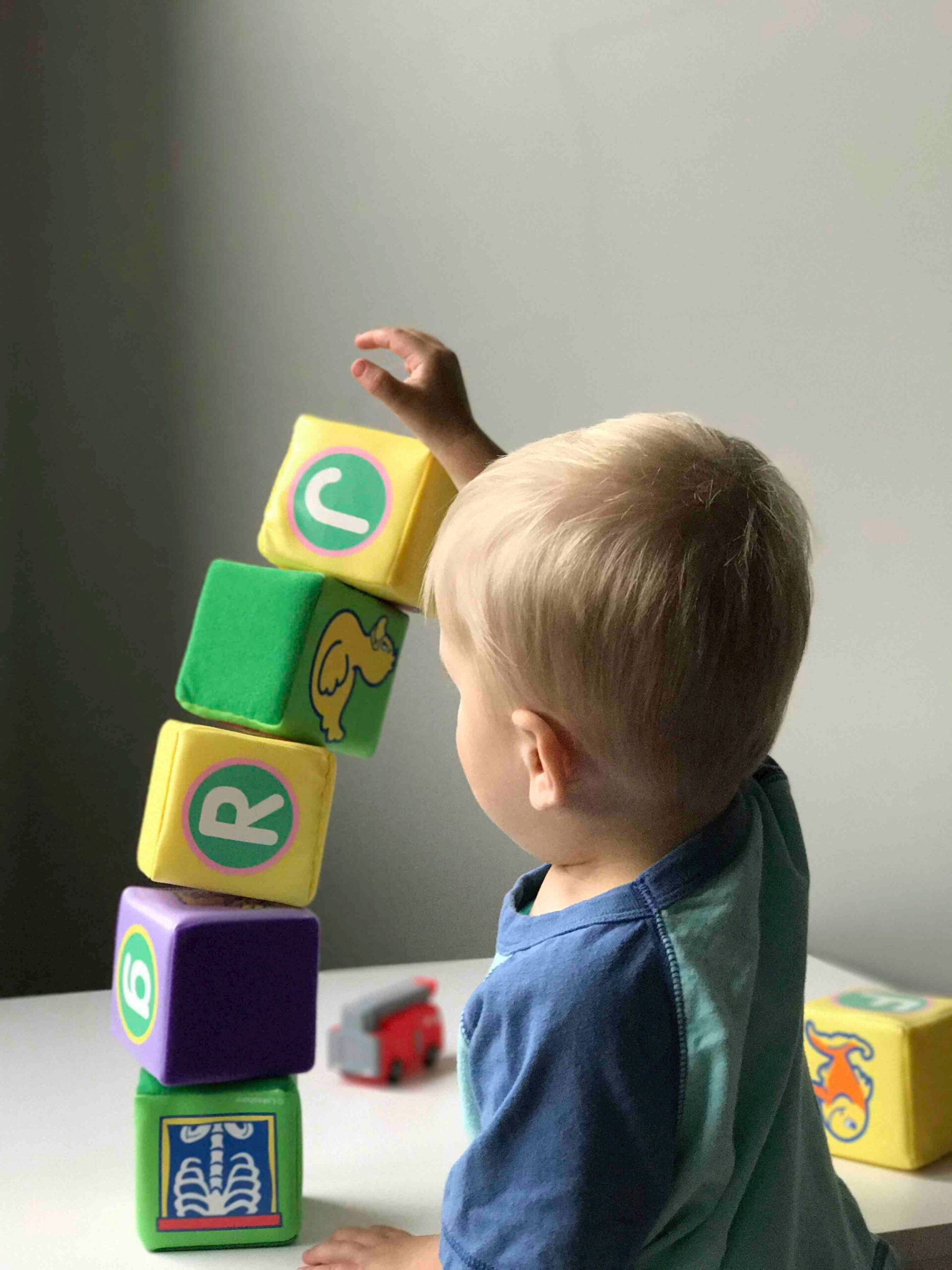How do nursery nurses support child development through the important early years?
As a child grows and develops, few roles are as crucial as that of nursery nurses. These dedicated professionals serve as the cornerstone of early childhood education. Their contributions go far beyond mere supervision; they play a pivotal role in laying the foundation for a child’s future success and well-being. Discover more about the crucial role nursery nurses play in child development and how their contributions make a lasting impact.
Primary caregivers
Nursery nurses often serve as the primary caregivers for young children in day care settings. In the absence of parents or guardians, they step in to provide comfort, security, and love to little ones. Their role extends beyond basic needs; they become trusted figures in a child’s life, fostering a sense of safety and belonging.






